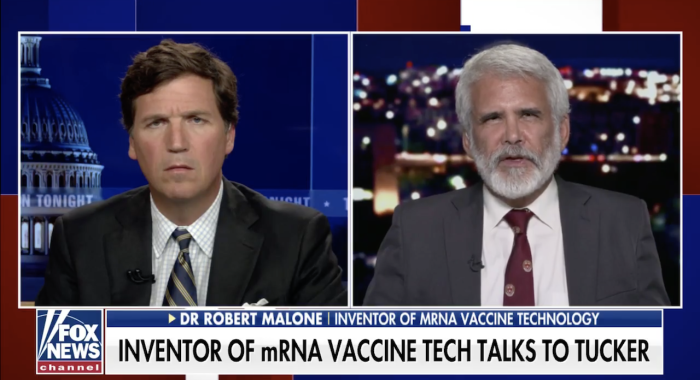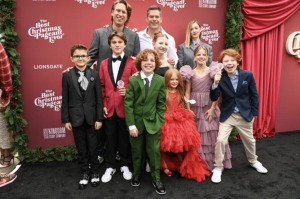LinkedIn deletes account of mRNA vaccines inventor for warning about risks of COVID-19 shots

The professional networking platform LinkedIn has deleted the personal account of Dr. Robert Malone, who helped create some of the mRNA technology used in the COVID-19 vaccine, after he raised questions over the possible risks involved in administering it to individuals younger than 18.
“My business pays for LinkedIn premium. I have been deleted,” Malone announced in a recent tweet. “Purchased a service from linked in to promote my company. This is very different from the YouTube or Twitter terms.
The scientist added that the action taken is “arbitrary and capricious” and has “damaged our business, and we deserve to be compensated.”
“He was given no notice, no warnings,” Just The News quoted his wife, Jill Malone, as saying. “He has a 10-15-year-old account — has never even had a warning. 6,000 followers.”
In his Twitter thread on Wednesday, Malone added, “The historic record of what I have done, stated, figured out (and when) etc. over time is a key part of establishing my credibility and track record as a professional. And that has been erased completely and arbitrarily without warning or explanation.”
Last week, Malone had cautioned adolescents about being vaccinated as many public and private universities are mandating vaccines for the next school year and reports have emerged linking the vaccine to heart inflammation.
A representative from Microsoft-owned LinkedIn told Malone that his account had violated its user agreement by posting “misleading or inaccurate information” about vaccines and COVID-19, according to The Epoch Times.
“[O]ne of my concerns are that the government is not being transparent with us about what those risks are. And so, I am of the opinion that people have the right to decide whether to accept vaccines or not, especially since these are experimental vaccines,” Malone said on Fox News' “Tucker Carlson Tonight” on June 23.
He emphasized that the vaccines are not officially approved by the FDA but are administered under emergency use authorization.
“This is a fundamental right having to do with clinical research ethics,” he continued. “And so, my concern is that I know that there are risks. But we don't have access to the data and the data haven't been captured rigorously enough so that we can accurately assess those risks. And therefore … we don't really have the information that we need to make a reasonable decision.”
Google-owned YouTube also recently deleted a video showing a podcast where Malone and others discussed concerns with the COVID-19 vaccines.
Malone said he has a “bias that the benefits probably don’t outweigh the risks” for younger Americans receiving the vaccine, but said the risk-benefit analysis is not being done.
Malone said there is a “pretty good chance” that the risk-benefit ratio for those 18 years old and younger “doesn’t justify vaccination in these very young adults.”
Malone said his understanding is that the CDC is “overwhelmed” and waiting on data from other countries to come in before making its decisions.
“I think that what we have is a structural problem in how the databases were built and how they are being analyzed,” he continued.
Data show that children who have COVID-19 are very unlikely to suffer heavily or require hospitalization, though the CDC recommends everyone who is eligible and older than 12 get the vaccine because “widespread vaccination is a critical tool to help stop the pandemic.”




























